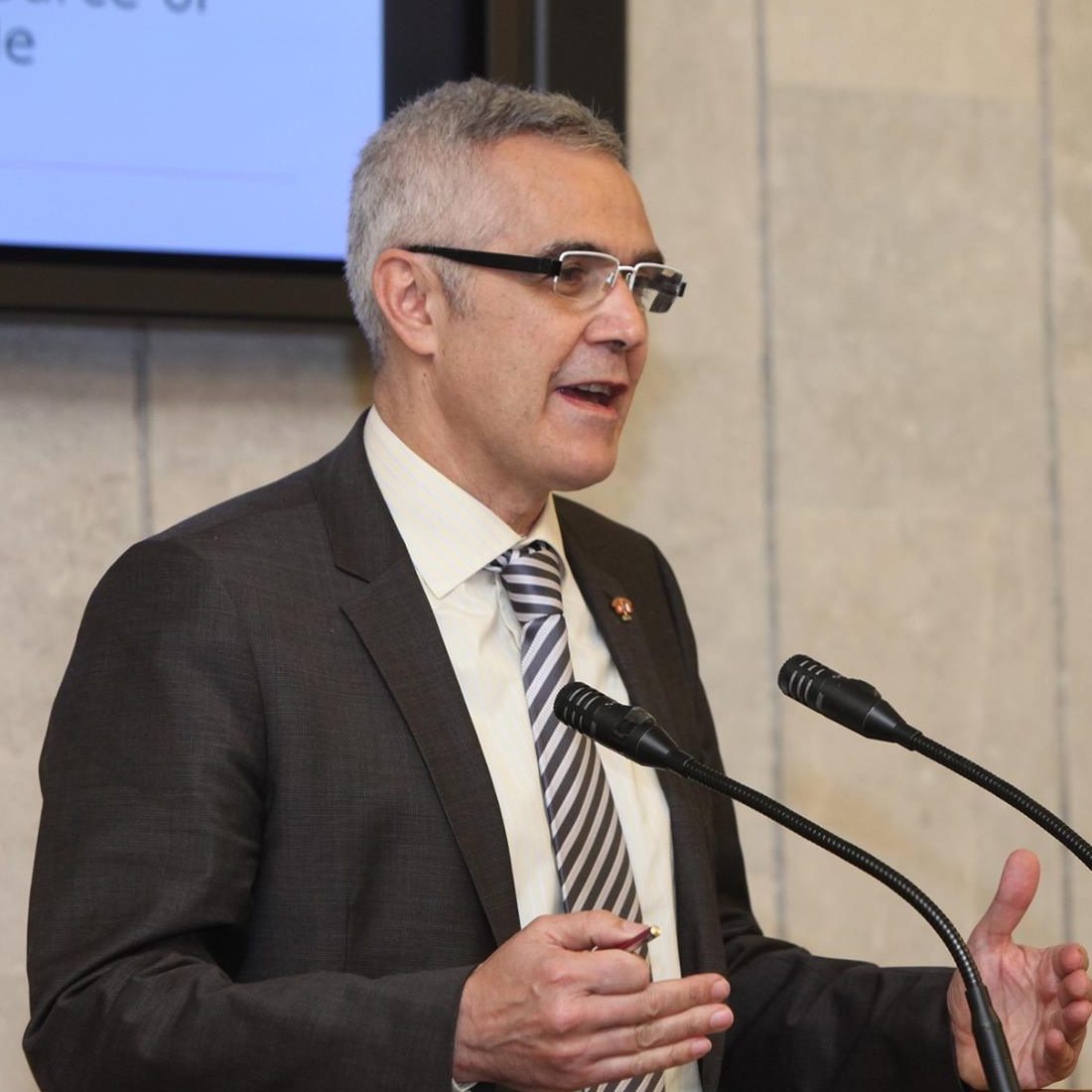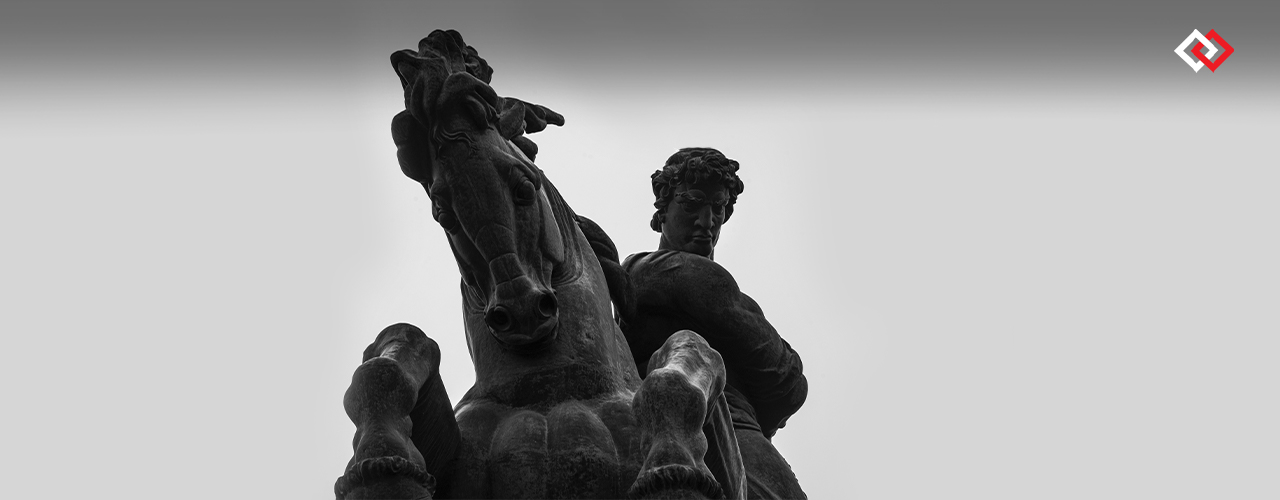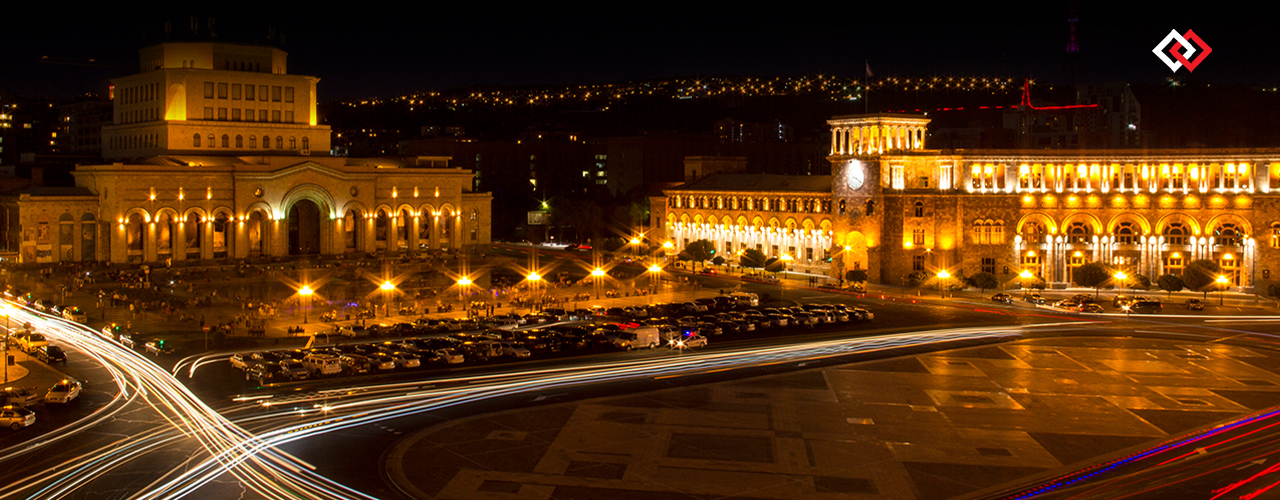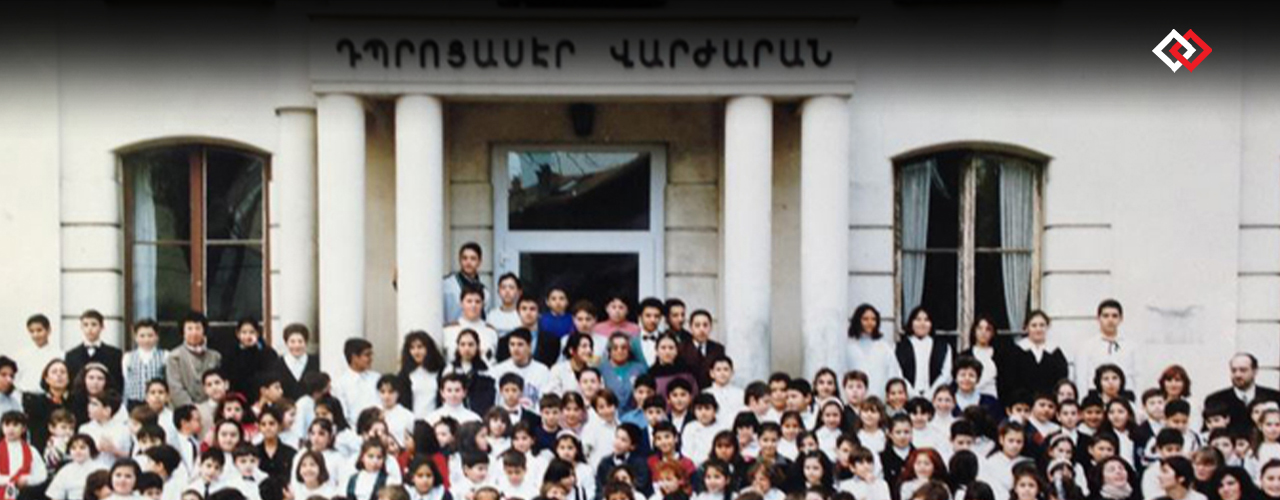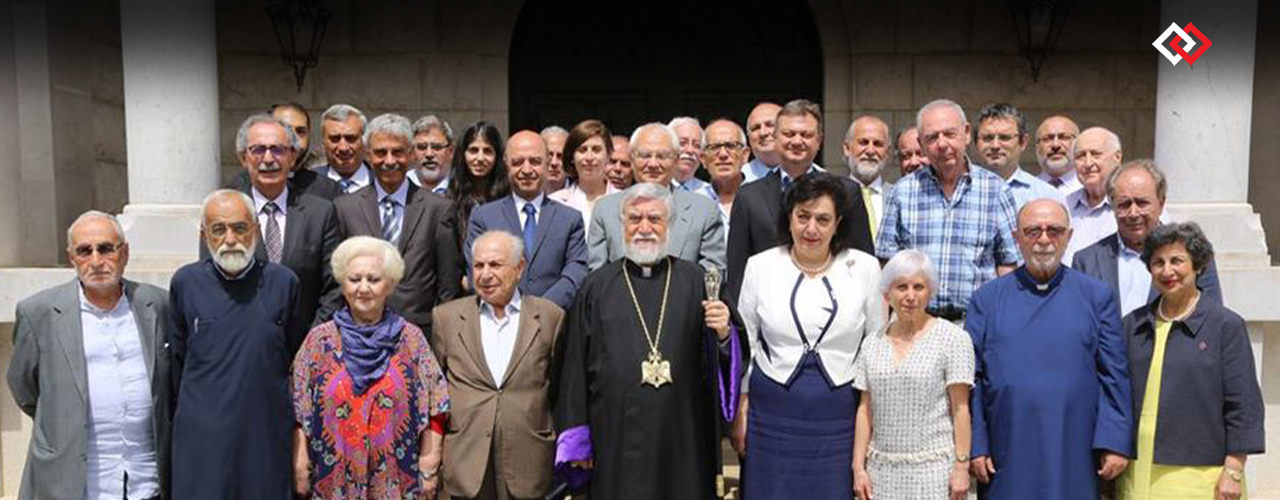An open letter
Dear Mr. Balian,
I should have answered earlier, but taking into consideration the importance of the subject you touched upon in your letter, I had to delay my answer to allow time for sufficient deliberation…
No, it doesn’t work.
I must write from the bottom of my heart.
My dear Hagop,
Please excuse my delayed reply. To tell you the truth, I receive daily many e-mails. I reply to the most important e-mails on the same day, or at most, the next day. This refers to English and French e-mails; the Armenian ones remain. They gradually drop down, down to the bottom of the list, crammed under a pile of less important English and French e-mails… However, among hundreds of non-important e-mails, your important letter was always on my mind.
In the early 90s, when technology came to fill the orthography requirements with the “spell check”, I remember you emphasizing the importance of having the same opportunity for Western Armenian. I must confess that during my school years, orthography was the scarecrow of my exams, so your suggestion had drawn all my attention. Today my Armenian e-mails go down, down to the bottom of the inbox because of that scarecrow. While I enjoy reading and writing, the necessity to check each word in the dictionary makes writing in my authentic, native language, a torture.
If we had ignored grammar and declensions and had just focused on orthography, the problem could have been easily solved. It would be enough to make a list of Armenian words and introduce them into “Word’s” customized dictionary. At one time, I was recording each checked word till the day my computer crashed and the words I had accumulated over the years were gone forever, along with my years long work. We need someone to take a full list of vocabulary and negotiate with Microsoft and Google, kindly asking them to incorporate Western Armenian into their list of hundreds of languages. But who? Who is our initiating master, our lord, our guardian?
Basque, Breton, Hausa, Telugu, Oriya and other languages that one might or might not have heard of, have their spellchecks, but so far, we have not managed to address our needs adequately.
˜ ˜ ˜ ˜ ˜ ˜ ˜ ˜ ˜ ˜ ˜ ˜ ˜ ˜ ˜ ˜ ˜ ˜
Several years ago, during a meeting with Mrs. Hakobyan, Armenia’s Diaspora Minister, I modestly pointed out that the quarterly letter addressed to Western Armenians would be more instrumental and receptive if it were written in Western Armenian and in Mesrobian orthography, and that certainly many of the Syrian-Armenians in Yerevan would be willingly helpful in that matter. Upon my suggestion, Mrs. Hakobyan called Mr. Aslanyan and said, “Please register Mr. Chenorhokian’ proposal and execute it.” Unfortunately, Mr. Aslanian was transferred to another position shortly after our meeting and my suggestion was left unattended.
Two years ago, during a meeting with His Holiness the Catholicos Aram I, I asked who was master and lord, our guardian of our Western Armenian language, who could legitimately negotiate with Microsoft and Google. I mentioned that Basque, Breton, Hausa, Telugu, Oriya and other languages we might have heard and not heard of have their spellchecks…
Paying careful attention to my remark, His Holiness explained that they had just lost the responsible associate for Armenian Studies and added that after the appointment of a new person they will discuss my proposal.
Last month I met Mr. Panossian in Yerevan, who finally announced the Good News; that the Gulbenkian Foundation has undertaken the implementation of a spellcheck program, which will incorporate grammar and declensions.
˜ ˜ ˜ ˜ ˜ ˜ ˜ ˜ ˜ ˜ ˜ ˜ ˜ ˜ ˜ ˜ ˜ ˜
Last week Patricia’s nephew, Jonas, contacted me, saying that he will visit Armenia with his friend Gaspard from August 13-21. They are both of French parents. Why Armenia? Jonas’ only knowledge of Armenia comes from his cousins, my three children.
Oh, and give my regards to your son Axel. I have lost contact with him. He has had an input on our son Hovan both as his professor and as an Armenian. Hovan became a vascular surgeon. His team has recorded the best results among 43 hospitals in France. Last month he was invited to Beirut. I didn’t let him go alone. I joined him. And he accompanied me during my meetings in Beirut. Shahan was impressed with Hovan’s immaculate Armenian and brilliant ideas.
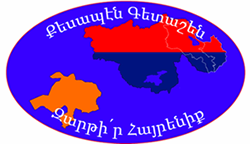
Sevag became a pharmacist. Every day, after work, he volunteers till late nights at a special social center for drug addicts. Patricia is concerned as Sevag rides his motorcycle daily to work; his remarkable “Moto Guzzi” on which he posted the interesting hereunder “sticker” which he himself designed. Oh, let’s forgive him the spelling error: the apple doesn’t fall far from its tree.
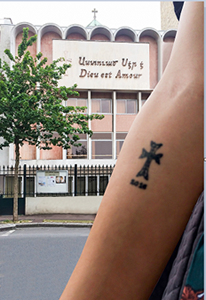
Gayanée is already twenty-four. She studies Chinese. For six years she was constantly on my back asking to accompany her to Jerusalem for a pilgrimage. Last year during Easter I finally yielded and accompanied her. For an entire week, she took me to all the churches from Bethlehem to Golgotha and from Golgotha to the Mount of Ascension. She dragged me to every single church, having her head covered, without conceding to attend all he holy liturgies till the end. In addition to my parental responsibility, I considered the pilgrimage to be an installment of my protestant’s tribute to our Holy Mother Church. At the end of the pilgrimage Gayanée had a Cross tattooed on her arm.
Patricia continues teaching. If someone asked me who the Armenian in our family is, I would definitely point at Patricia, even though she has no Armenian blood. It was her, who registered our children for Armenian school, who struggled to prevent the shutdown of the Samuel Murat Armenian School…
After our children graduated from the Tebrotsaser School, she was the one who asked Mr. Atamian to continue private lessons in Armenian language and literature, until they reached a bachelor level. What identifies an Armenian? Is it the blood or the soul? Is a Turk living in Western Armenia with Armenian genes the Armenian, or an Armenian who had Aghvan roots?
˜ ˜ ˜ ˜ ˜ ˜ ˜ ˜ ˜ ˜ ˜ ˜ ˜ ˜ ˜ ˜ ˜ ˜
As a mountainous country, Historical Armenia has conditioned our princes to be far and isolated from each other. Today, living in flat cities like Los Angeles and Paris and in the age of communication, our nowadays princes, as worthy heirs to their fathers, adhere to the same behavior.
The chairman of our beloved political party, after expressing his encouragement and support for a pan-Armenian, consolidated and coordinated initiative, said: “… but competition creates competitiveness.”
The wise leader has the right to think so, but times are changing. Today, Macy’s is losing its market share at a fast pace, while Amazon is getting the lion’s share of the market. Twenty years ago, Kodak had 175 thousand employees, but today it does not exist any longer. And as consumer behaviors are evolving following that of the digital revolution, peoples’ social and associative behaviors are changing, too. Today people in the West are staying away from competing partisan organizations. They do not want to identify themselves as members. People seek to contribute towards organizations with civil, social and humanitarian goals, as well as a constructive spirit. This is not the fault of the parties, nor it is particular to Armenians. See what happened to the French Socialist and Republican parties during the last presidential elections. They collapsed.
During my visit to Jerusalem, I was truly impressed by the cultural diversity of the Jewish people evident by the variety of their traditional dresses. Men with big fur hats, wearing wide and black coats; others wearing flat hats, black uniforms and threads hanging from their belts. Some in civilian clothes, with or without kippahs. Women with covered heads and some with wigs. Others wearing make-ups and short skirts. With all their diversity, Jews have one unifying mechanism: the AIPAC, The American Israel Public Affairs Committee. And we, Armenians, have two diversifying commissions – two competing and contradictory institutions. Diversity is wealth, but coordination is essential.
˜ ˜ ˜ ˜ ˜ ˜ ˜ ˜ ˜ ˜ ˜ ˜ ˜ ˜ ˜ ˜ ˜ ˜
Jonas will go to Armenia with his friend Gaspar. Why shouldn’t he? He is going to visit this great country with a rich culture; a miracle country, just as he would be visiting Japan. His three cousins are three fine, wonderful young persons, with high moral and human values, and proud Armenians.
How proud are “we” of our “heritage” and our Homeland?
Isn’t Armenia a wonderful country?
Can “we” transmit vision and passion to the new generations so that they aspire to be Armenians, feel as proud Armenians?
I say “we” hinting at everyone besides us two and our children.
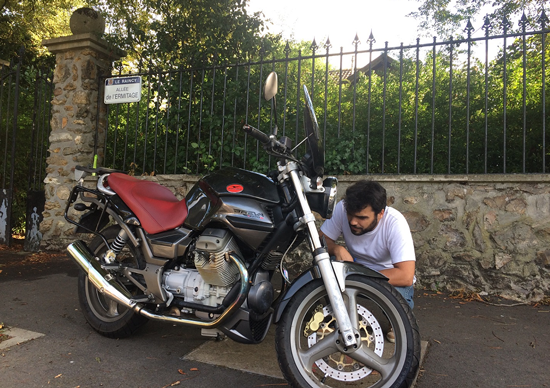
Today our educational institutions that should be inspiring our new generations, are primarily busy solving everyday issues, overshadowing “vision”. I understand; when water leaks from your roof or if you do not have your monthly income, how can you think about vision?
But ahead is a war; more terrible than the four-day war which raged last April and mowed over hundred precious and young lives; ahead a crueler war.
Here we are, melting away like snow in the sun. It would be sufficient to look at my children’s classmates, who are mostly runaways as Armenians. Yet, they make up one and a half percent of the new generation of Armenians in France who have been fortunate enough to attend Armenian schools.
Shall we confront this war with confusion, disorder or rather united and coordinated? As a nation, will we be able to have only one spelling for the two branches of our language? Who will decide? Wouldn’t it be right to institute the rooted, Mesrobian Spelling, thus also ensuring the security and the safeguarding of the increasingly endangered Western Armenian language? Who will decide? Will it be politicians or visionary intellectuals?
In Theodor Herzl’s book “The Jewish State” (1896), English was foreseen as the official language of the future state. At the time, Yiddish was the most spoken language among Jews; Hebrew was a dead tongue. Then came a man named Eliezer Ben-Yehuda, who lived with a vision of reviving Hebrew. He wrote the rules and grammar of Modern Hebrew and taught it to his son. The two were the first bearers of the revived Hebrew. Not having been a living language of communication for hundreds of years, Hebrew became a prospering language, thanks to the faith and consistent work of one individual.
I know this example will not please a lot of people. Before Theodore Herzl and even before the French Revolution, we had Shahamir Shahamirian, who published the book «Որոգայթ փառաց» (“Snare of Glory”) in 1772, a beautiful textbook case of democracy, detailing the constitution of a state. We have had Mkhitar Sebastatsi whose sparks gave light to the nation for three centuries.
Besides taking away lives of 1.5 million Armenians, the Genocide deprived us of our leaders. Today, however, we have a generation of valuable talents; our only requirement and solution is to bring together those who have a vision and who can develop an appropriate strategy.
Let our Princes descend from their mountains and have the wisdom to cooperate.
Let the two poles of the Diaspora who claim the appellations “Revolutionary” and “Benevolent”, consider the national, above their sectarian interests, and cooperate.
Let them have the greatness to water the newly planted seedlings in each other’s fields, be it even with a small coffee cup.
Let the word “Pan-Armenian”, besides being a beautiful term, penetrate their minds and souls.
We do not have time anymore to pull the cover off each other. The bed we are lying on is breaking.
Today our educational institutions, like our other national entities, instead of concentrating on visions and ideas, are trying to address and resolve financial and existential issues. However, if we have proper leadership with vision, we would not face such challenges.
“Do not be troubled about tomorrow, for tomorrow will take care of itself. Ask first for the kingdom of God and his righteousness, and all these things will be given unto you. “
Shall we confront the war confused, disordered or rather united, coordinated?
Will we have the leadership that will unite, lead with vision, transmit the passion and yearning to the new generations so that they seek and chose to be proud Armenians?
Herzl has pointed out that the visionary is often perceived as a utopian. In reality, the perception depends on the level of vision or faith of those who are evaluating.
Do you think I am an utopist or do you have faith?
Are you ready to take over constructive responsibility?
Are you ready to address “insurmountable” challenges?
This has been a long writing session and it is already very late night.
Tsedesutyun for now.
I’ll write again.
Don’t lose faith.

